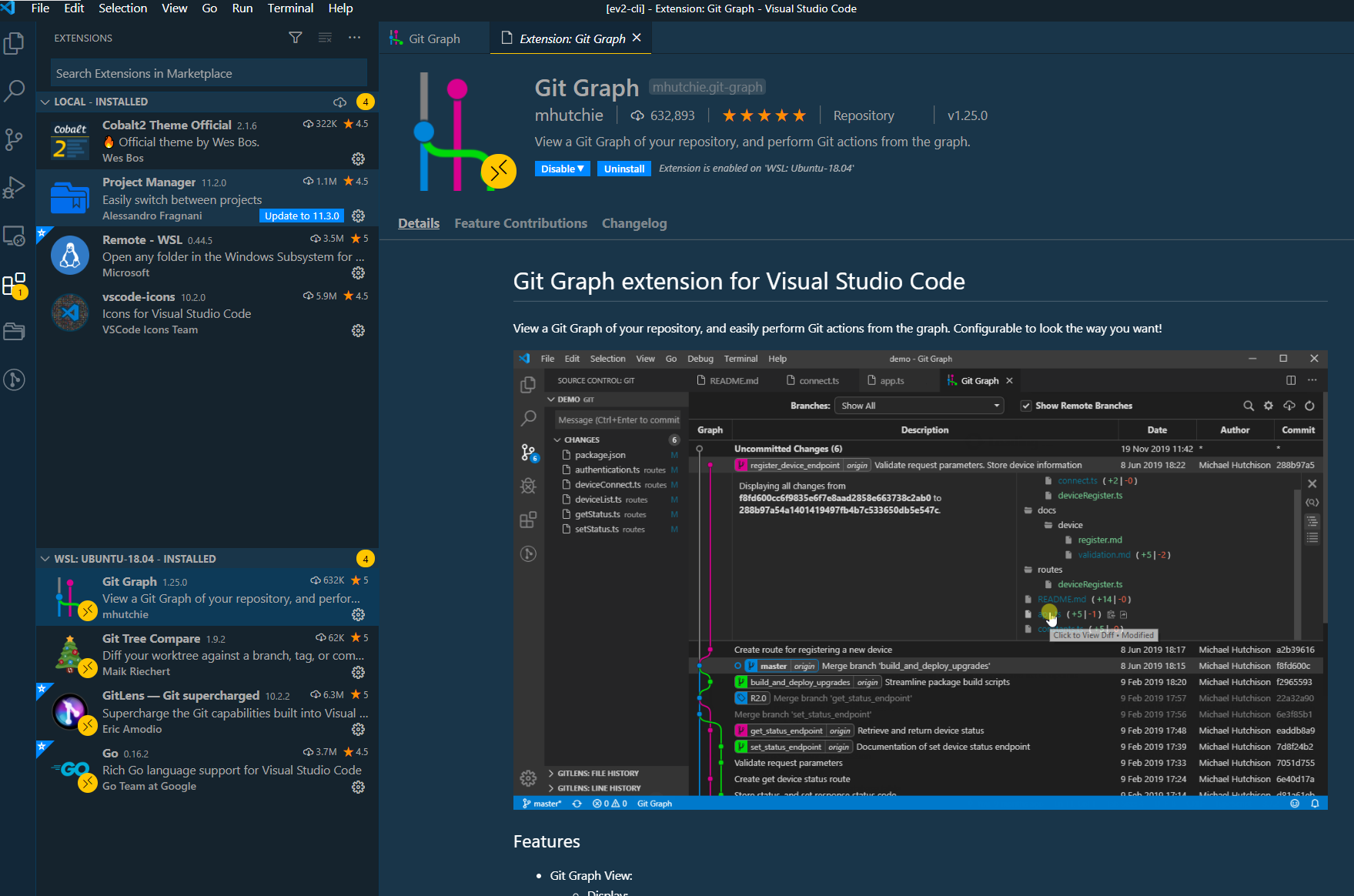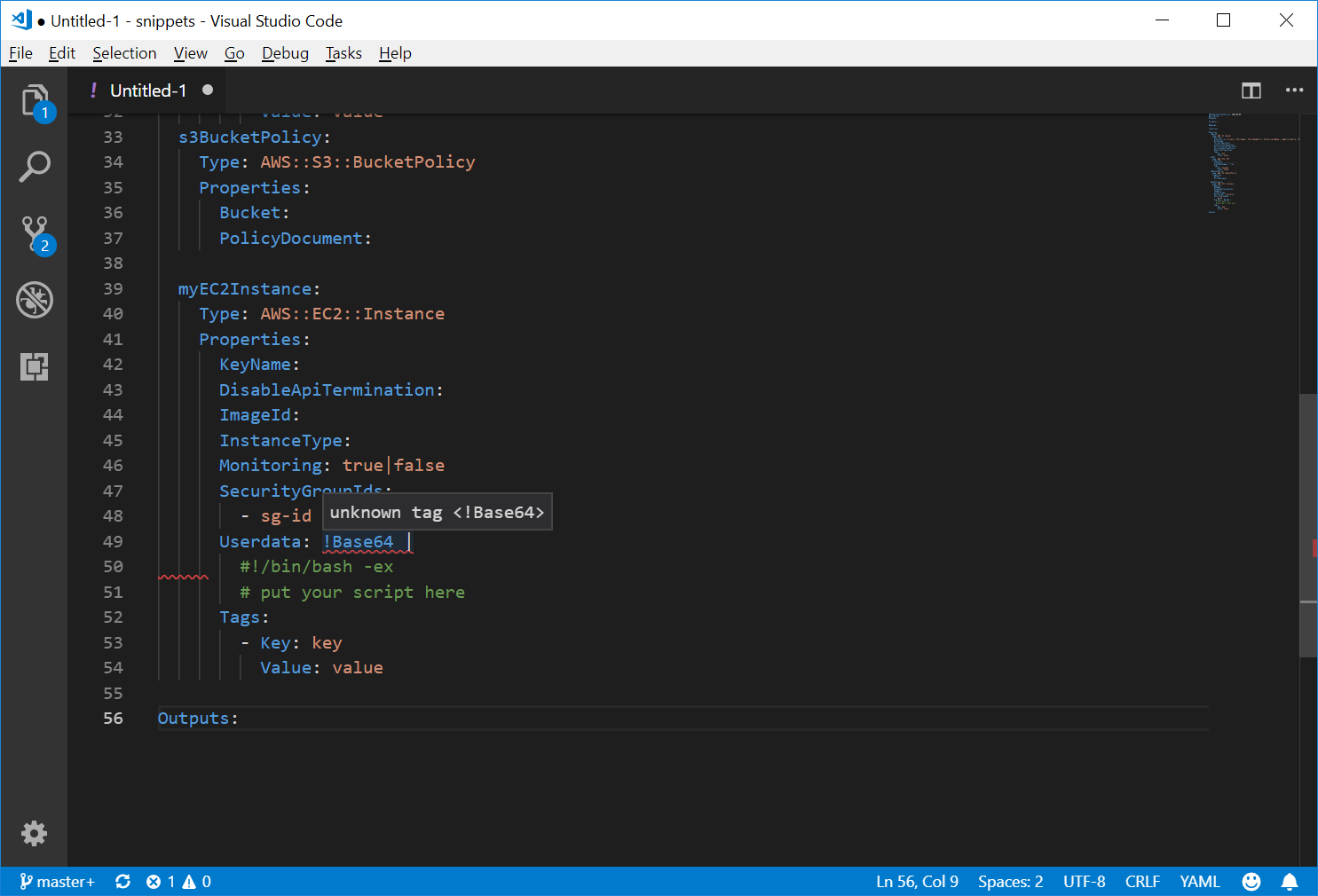

It should prompt you to restart the console when it completes. Click on the “Update now” button and let the packages update. Immediately after installation the MiKTeX Console should appear prompting you to update packages. There are two post-installation tasks to do, and one thing to confirm after installation. Just accept all of the default options and everything should work. Like the installation of VS Code, I also won’t go into the details on how to install it since it is very straightforward to do. It is your preference, and no matter how you install it there should be no issues using the LaTeX plugins with it.ĭefault VS Code Window after installation. When you download it there are three options for installing it, User Installer, System Installer and Zip. I won’t go into the installation of VS Code since it is fairly straightforward, and accepting all of the default options should be fine. Visual Studio Code 64-bit v1.41 (System Installer).There is also a requirement to have Perl installed in order for it to work with the LaTeX Workshop plugin, and the quickest way to do that is to use a pre-built environment such as Strawberry Perl.įor this guide I am using Windows 64-bit on my Workstation, and here are the versions of the other software as of the time of this writing: Since I am already familiar with MiKTeX, I decided to just stick with it over other LaTeX packages such at TeX Live. For my usage, I have decided to use the LaTeX Workshop plugin, which also uses the LaTeX Utilities plugin. I have been using Visual Studio Code (VS Code) for the last few years and it is an amazing code editor and best of all it is free. I am working on a new project this year that I want to use LaTeX for, but it is going to be a lot more complex than a multi-page resume so I want to use something that is a bit more robust. TeXworks is a very basic and lightweight LaTeX editor in nature that is fast and easy to use. In the past I have just used LaTeX on Windows 10 with the MiKTeX package, using the included TeXworks editor. Office 365 has supported version control for a while now, but I have never been a big fan of it since I find it can create far too many snapshots and it is not always easy to search through everything.

The biggest benefit to using LaTeX for my resume is the ability to use version control with Git. The last time I updated it was in mid-2018, and at that time I had converted my resume from Word to LaTeX.Īt the time I didn’t really have a good reason to use LaTeX for my resume, I just wanted to get a bit of experience using it. 2019 was a very busy year for me and for the first time in almost 10 years I didn’t update it once. Not necessarily because I am looking for a new job, but because I don’t want to forget about certain accomplishments. I try my best to make an effort to update my resume at least 2 or 3 times a year.



 0 kommentar(er)
0 kommentar(er)
